NATO defends increased US military presence in Europe
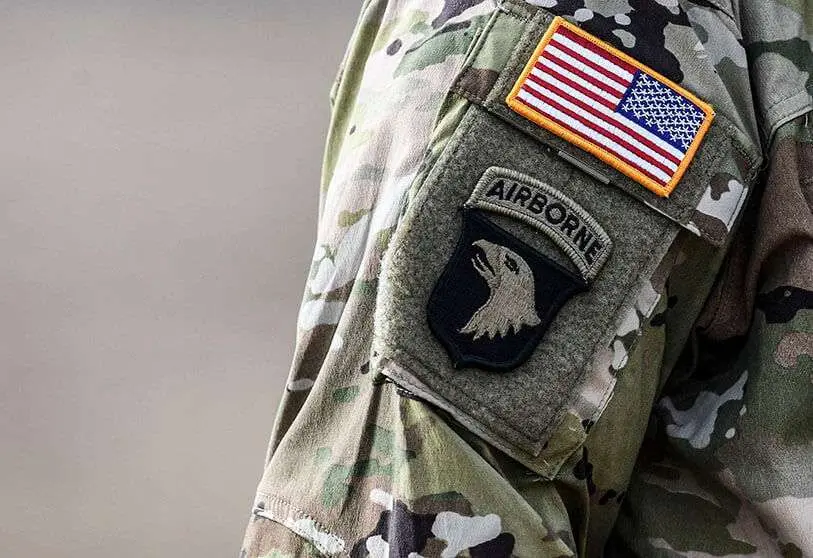
Comments about the possible reduction of U.S. troops in Germany set off alarm bells about the stability and future of the North Atlantic Treaty Organization (NATO). The Secretary General of the Atlantic Alliance, Jens Stoltenberg, wanted to dispel the rumours by indicating that, on the contrary, the American giant has increased its military presence in Europe in recent years.
NATO is an organization that emerged after the signing of the Washington Treaty in 1949 as a response to the situation posed by the past Cold War, a diplomatic conflict between the former communist bloc led by the former Union of Soviet Socialist Republics (USSR) and the Western capitalist bloc, with the United States as the main exponent. After the fall of communism, NATO has survived in spite of the fact that the traditional enemy represented by the former Warsaw Pact no longer existed; although there have been dissensions on the role of the Atlantic Alliance after scenarios such as the possible American doubts about the role of its contingents or the position of Turkey, a member state that has had a certain shift in defence towards countries that are far from being in the Atlantic orbit, such as Vladimir Putin's Russia; and which, in addition, participates in wars such as that of Libya and Syria on the initiative of the Turkish president, Recep Tayyip Erdogan, in his search for a greater presence in the Mediterranean. "After the Cold War, the United States decreased its military presence, but in recent years we have seen another increase," said Jens Stoltenberg during a conference on the future of the Alliance, when he was questioned by US media reports on the alleged intention of Donald Trump to withdraw 9,500 of the 34,000 troops stationed at the bases on German territory, something that has not been officially confirmed.
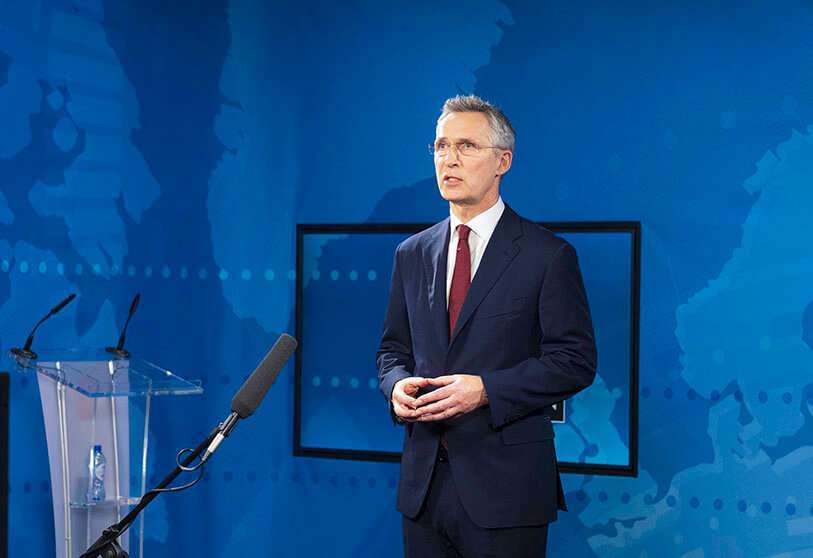
The Norwegian leader remarked that he does not attend to leaks, but stressed that they are "constantly consulting with the US and other allies about the position and military presence in Europe". Stoltenberg pointed out that the US has been increasing the presence of its troops in Europe "not only in Germany", but also in other places. For example, he brought up the deployment of a new US contingent on European territory, specifically a battalion in Poland, along with a rotating presence in the Baltic countries and more troops in Romania, including a base for missile defense, and in Spain, specifically at the southern base in Rota. "We see in recent years more US presence, more investment in equipment. More presence in the Black Sea and the Mediterranean," he added.
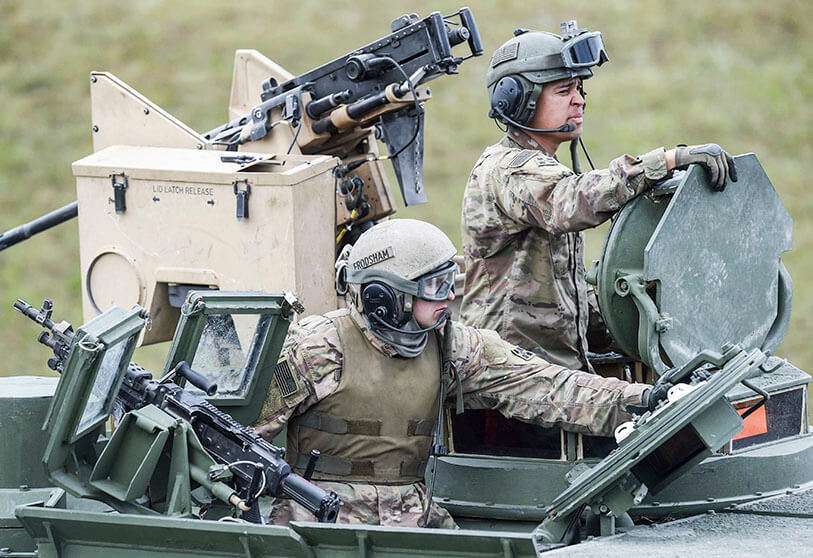
In addition, Stoltenberg noted in his Twitter social network account that he spoke by phone with President Donald Trump about "important security issues, including the situation in Afghanistan, the joint fight against international terrorism and the importance of keeping NATO strong in an increasingly competitive world.
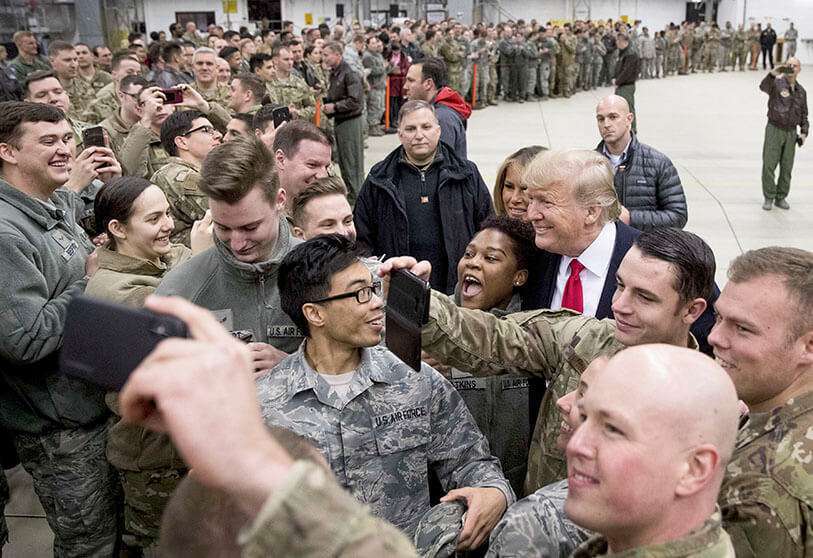
At the same time, Peter Beyer, Germany's coordinator for ties between the two sides of the Atlantic, noted that U.S. plans to withdraw troops from Germany could threaten NATO's integrity. The alleged decision, which came directly from Donald Trump, "will shake the pillars of the transatlantic relationship," Beyer said.
For her part, German Defence Minister Annegret Kramp-Karrenbauer, in line with Jens Stoltenberg, wanted to highlight the role of the Atlantic Alliance, the role played by the American detachments and the collaboration and cooperation within the institution. In this line, the German politician said in a press conference on Monday that the presence of American troops in Germany "serves the security of the whole NATO and also of the United States" and that "this is the basis on which we work together", so he refrained from commenting on the version given in some media: "I do not want to speculate on something of which I have no confirmation".
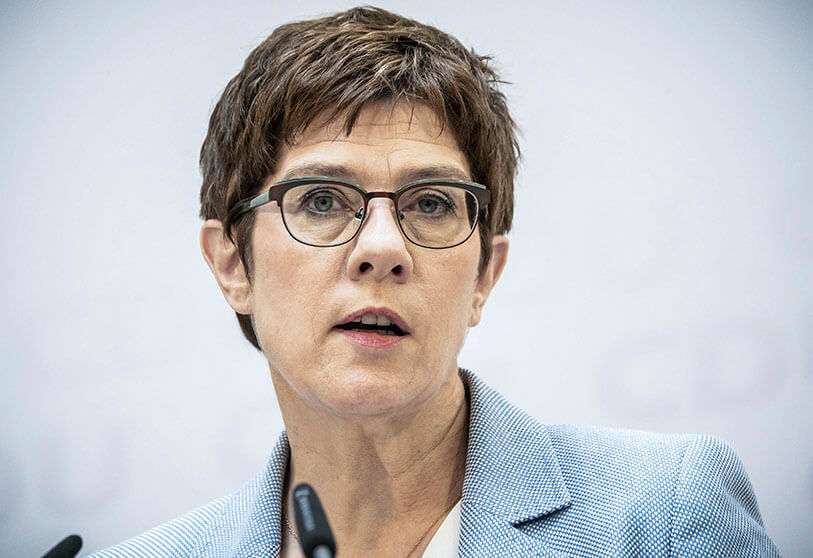
Various sources in the German Executive pointed out that the Government has not received a response from Washington on questions launched through various diplomatic channels as to whether the information given was true. "This indicates that there is a controversial discussion within the U.S. government," said one government source, according to various media reports.








